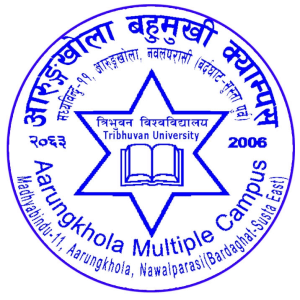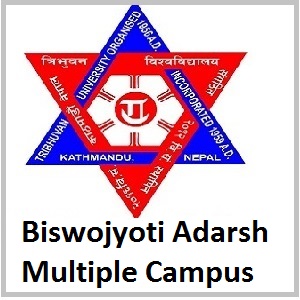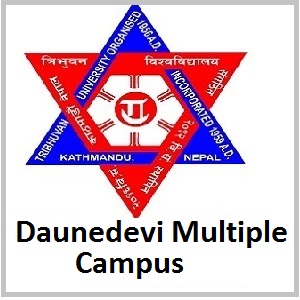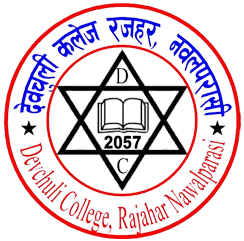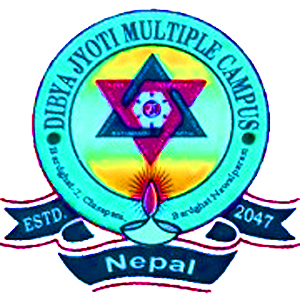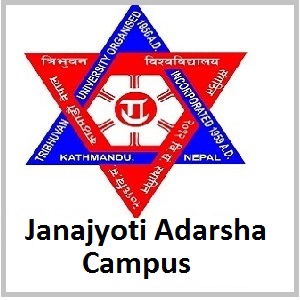Overview
Tribhuvan Campus Belatari is a community-based institution in Ward No. 9, Pratappur Rural Municipality, Nawalparasi. It was established in 2061 B.S. (2004 AD) with a clear purpose: to make higher education available to students from diverse backgrounds, especially those who have historically had limited access to such opportunities.
It is affiliated with Tribhuvan University (TU) and recognized by Nepal's University Grants Commission (UGC). The campus is near cultural landmarks like Trivenidham and Valmiki Ashram. It is a practical and accessible learning space for nearby towns and villages students.
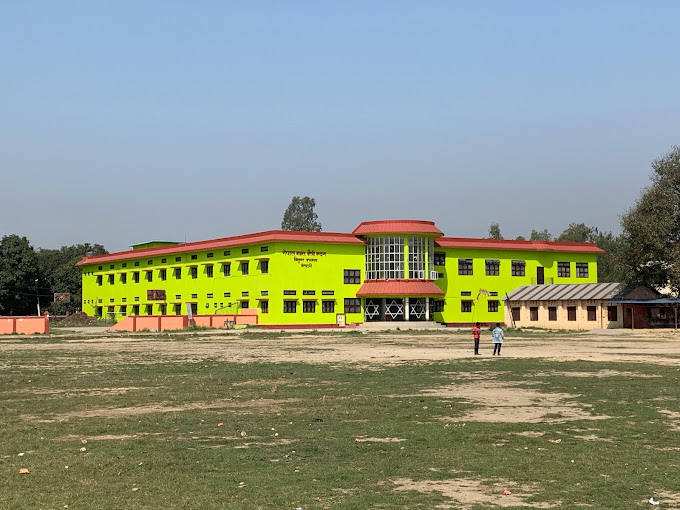
Academic Programs
Tribhuvan Campus currently offers two undergraduate programs:
-
Bachelor of Education (B.Ed.): A four-year program that prepares students to become secondary-level teachers. Learners choose one subject as a major and another as a minor.
-
Bachelor of Business Studies (BBS): This four-year course provides practical knowledge in management, accounting, and economics for roles in offices, cooperatives, and private enterprises.
BEd and BBS programs are designed to offer more than textbooks. They encourage learners to understand how theory connects with real-world work environments.
Admissions Process
Students who have completed their Higher Secondary Education (+2 or equivalent) can apply. Admission begins during the regular intake period, and selection is based on academic merit following guidelines from Tribhuvan University.
The admission process is designed to be open and supportive of applicants from various social and economic backgrounds.
Campus Life
Classes are scheduled in the morning, making it easier for students who also work or support their families.
English and Nepali are used as mediums of instruction, so students can learn comfortably without facing language barriers.
The campus offers a calm, respectful setting that supports concentration and steady academic progress.
Faculty and Teaching Methodology
The teaching team includes eight full-time and seven part-time faculty members. These educators bring classroom knowledge and practical experience. Lessons involve more than lectures; students participate in discussions, project work, and interactive sessions.
Teachers remain approachable and focus on helping students understand the material in a meaningful and useful way for life beyond graduation.
College Facilities
The college has grown over the years, both in infrastructure and academic support. The main building has 26 rooms and was constructed with support from the Indian Embassy. Important facilities include:
-
An administrative building funded by the University Grants Commission
-
A digital library with books, journals, and a study space
-
A computer lab with internet access and projectors
-
Internet-enabled classrooms for presentations and assignments
-
A Saraswati idol at the entrance, reflecting the cultural respect for learning
These resources help students focus on their studies in a functional and organized environment.
Student Life and Extracurricular Activities
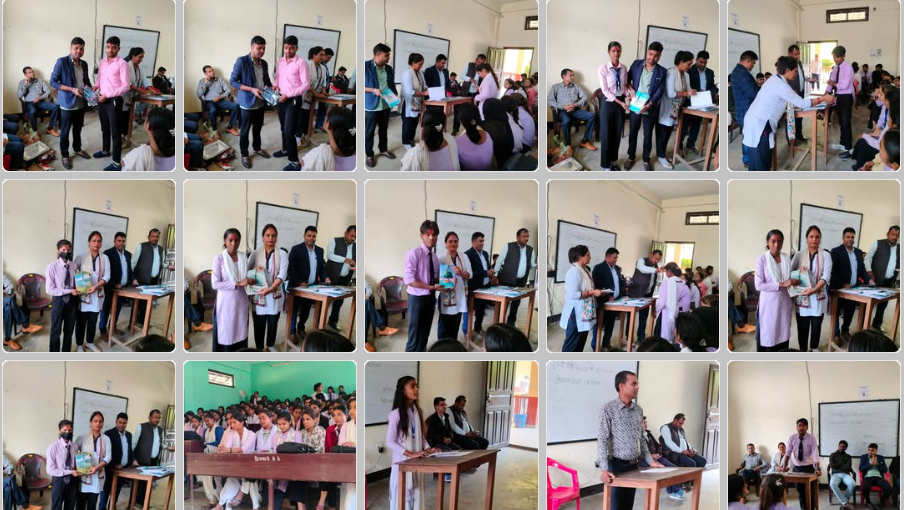
Beyond academics, students are encouraged to participate in events and activities promoting personal growth and teamwork. These include:
-
Friendly sports competitions like volleyball and basketball
-
Essay writing, debate, and speaking programs
-
Celebrations of cultural and national days
These events create a sense of community and help students explore their interests outside the classroom.
Scholarships and Financial Aid
To reduce financial stress for families, the college offers several forms of support:
-
Twelve scholarships every year—one male and one female student from each level
-
75% tuition reduction for students with distinction grades
-
50% tuition reduction for students with first division results
Additional UGC and Higher Education Economic Management Committee funding supports infrastructure and student welfare.
Achievements and Recognitions
Since its early years, the college has taken steady steps toward growth. Some key developments include:
-
Construction of a well-equipped academic building
-
Ongoing funding from UGC for regular and special projects
-
Grants to purchase educational tools, library resources, and sports equipment
These milestones show that even a rural institution can evolve when supported by community effort and responsible planning.
Why Choose This College?
Students looking for affordable, practical education close to home will find value in Tribhuvan Campus. The campus understands local needs and allows young people to continue their studies without leaving their community.
With approachable teachers, relevant programs, and a respectful environment, the college gives students a strong professional and personal development foundation.
Conclusion
Tribhuvan Campus Belatari is an example of what can be achieved when education is treated as a shared responsibility. With ongoing support from faculty, local leaders, and national institutions, the college continues to provide students with a space where learning feels possible, purposeful, and worth pursuing. For many in the region, it opens a door that might have otherwise stayed closed.
Contact Tribhuvan Campus's administrative office for detailed information on the course, admissions, location, fees, scholarships, facilities, counseling, or eligibility.
Contact Details
Tribhuvan Campus, Nawalparasi
Email Address: tribhuwancampus@gmail.com
Phone Number: +977-9747010539, +977-78-419039
Website: https://tcb.edu.np
Location: Belatari, Triveni Road, Pratappur, Nawalparasi, Nepal


